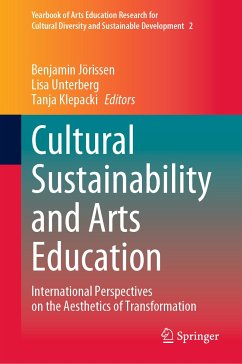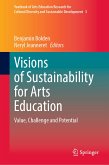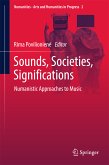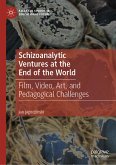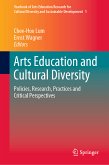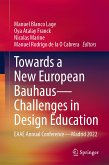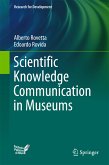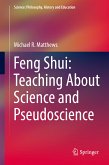This book is based on the topics, questions and results of the international conference "Aesthetics of Transformation - Arts Education Research and the Challenge of Cultural Sustainability". It aims to foster and sharpen the understanding of the potential role of arts education and arts education research for cultural sustainability. In an ever more complex and interconnected world, culture is a valuable resource for sustainable development. Based on the thesis that the change towards sustainability has to be a change that starts with cultural practices of perception and knowledge, this book makes an important contribution to the broad discourse on cultural sustainability, which has begun to emerge in recent years.
In this context, the volume first deals with Intangible Cultural Heritage and how aesthetic practices and certain forms of art are changing through cultural transformation processes. Subsequently, it focuses on issues such as arts and cultural education in times of neoliberalism, (post-)migration and post-coloniality as well as on arts and cultural education under conditions of digital transformation. These theoretical and empirical contributions are complemented by insights into field trips to institutions and exemplary places of practice, showing different representations of educational art practices, cultural heritage, and cultural sustainability. Against this background the book finally offers responses and commentaries that can form the starting point for a far reaching interactive dialogical process on the utmost importance of cultural, aesthetic and arts education as part of a global endeavor for sustainable development.
Dieser Download kann aus rechtlichen Gründen nur mit Rechnungsadresse in A, B, BG, CY, CZ, D, DK, EW, E, FIN, F, GR, HR, H, IRL, I, LT, L, LR, M, NL, PL, P, R, S, SLO, SK ausgeliefert werden.

